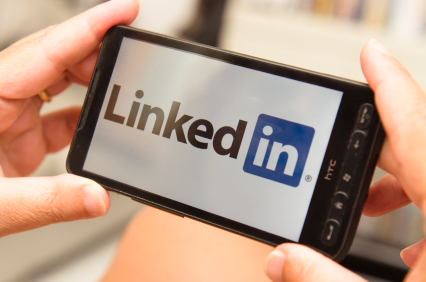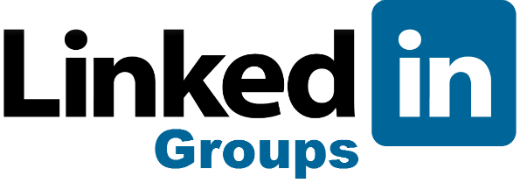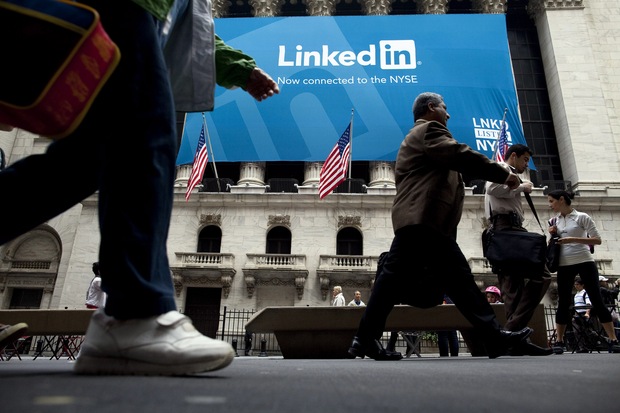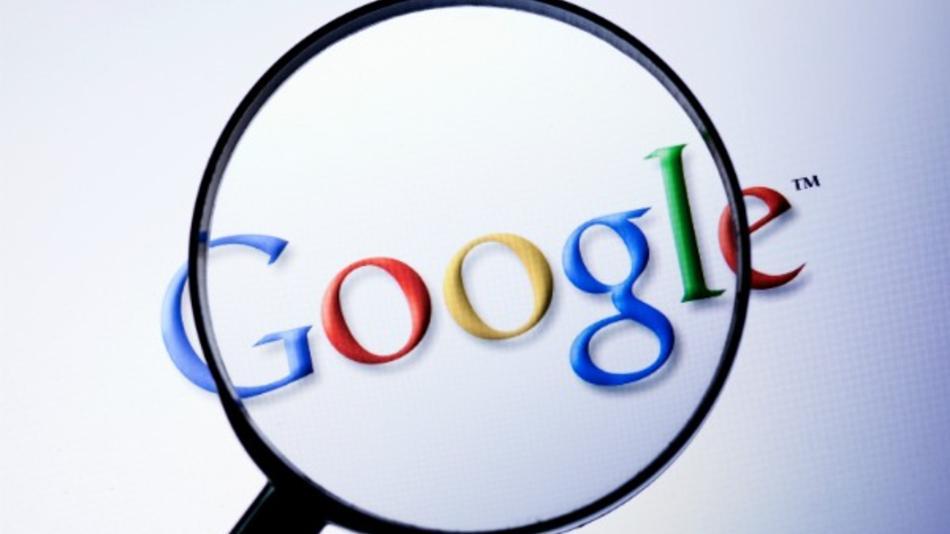Posts By Jasmeet Sawhney
What Type Of Information Should You Share On Social Media? – Worklife Blog
We all have social media accounts and share content on one or more social networks. In fact, social sharing has become one of the most common activities on the web. There are some who get a kick out of sharing everything in their life (“I just took shower and water was really cold!”); some feel connected when they share; some want to stay relevant within their circles; some want to build their credibility; and there are others who do it for various vague and valid reasons. But, very few understand how effective their sharing is, and how can they improve?
No matter what you do, I can bet you have limited time. When you spend time on social networks, it can take away good chunk of your time depending on how addicted (or dedicated) you are to building your presence. But, it is not hard to see that everyone’s social content does not get equal engagement. And, this is fine, if all you want is to share your personal pictures with friends and family. But, for most part, all of this sharing comes with an expectation – that your connections and followers will react. If there are no reactions, incentives of sharing are diminished, which leads to decreased sharing.
via What type of information should you share on Social Media? | Worklife.
Ask The Headhunter: Users Sound Off On LinkedIn – The Rundown On PBS
Comment from Jasmeet Sawhney: Great article, Nick. I agree that double-dipping is a big problem. But, do you really believe LinkedIn’s push into content/publishing is only to boost their job-board business? There is a big community element in it for the user, no?
via Ask The Headhunter: Users Sound Off on LinkedIn | The Rundown | PBS NewsHour.
Ask The Headhunter: Users Sound Off on LinkedIn – Published on PBS NewsHour
Jasmeet Sawhney: Great article, Nick. I agree that double-dipping is a big problem. But, do you really believe LinkedIn’s push into content/publishing is only to boost their job-board business? There is a big community element in it for the user, no?
via Ask The Headhunter: Users Sound Off on LinkedIn | PBS NewsHour.
Founder Brand Void Is Killing More Startups Than You Think – MassChallenge Blog
The following is a guest post from Jasmeet Sawhney of MassChallenge Finalist, Worklife.io.
I was recently browsing our own people directory at MassChallenge. My goal was to see how many people have good web presence, so I picked some random names and did searches on Google and other social sites.
As I went from 1st name to the 30th, a pattern had emerged – one of the 3 things was happening for every person I searched (in decreasing order of frequency):
- One or more social accounts of the person showed-up without any consistent presence in search results
- It was difficult to locate the person on search and social sites
- Only 2 people had 5 or more (out of 10) results on the first page of Google results
via MassChallenge.
Value of LinkedIn Groups — Published On Medium
- Group email digest are too burdensome. If you’re a member of 10+ groups.
- Most groups have few active or new discussions. Which means old posts are repeated for several days in group digest emails.
- A lot of discussions are actually marketing promotions or jobs. So lots of popular groups have spam issues.
- So what value/challenges do you see in LinkedIn groups? How do you solve these challenges today?
Originally posted by Jasmeet Singh.
Ask The Headhunter: Is LinkedIn Cheating Employers and Job Seekers Alike? – Disqus Comment On PBS NewsHour
Great article – agreed that double-dipping is a big problem. But, do you really believe LinkedIn’s push into content/publishing is only to boost their job board business? There is a big community element in it for the user, no? – JASMEET SAWHNEY
You’re an employer and you’re hiring. You pay LinkedIn $3,950 for 10 job postings to help you find the best, most qualified hires. When LinkedIn delivers job applicants, do you care that those at the very top of the list paid LinkedIn for their positioning — while possibly better, more qualified candidates who didn’t pay are pushed to the bottom? Do you care that you can’t even turn this “feature” off?
Double-Dipping
Whether you’re the job applicant or the employer, you’d probably feel cheated. Imagine LinkedIn was a headhunter who charged the employer to fill a job, but also took money from an applicant to submit her resume first. That’s called double-dipping.
Welcome to the “job board” model for recruitment advertising, where the middle man charges everyone and manipulates the database, and where matching qualifications to job requirements is way down on the list of concerns, right beside those poor “basic users” who didn’t pay to play.
Google Wants To Own Enterprise, But It’ll Do It Google Style – Livefyre Comment On PandoDaily
@fnelson - Google market is currently limited to SMBs. Very few enterprises have risk-appetite to even try a consumer vendor. – JASMEET SAWHNEY
For Google the outlook is bright: It will succeed in enterprise, just not quite yet. Despite numerous customer wins and a surge of momentum in cloud-based productivity apps, the company, for now, is far from emerging victorious, partly because of its methodical approach to the enterprise, and partly because of enterprises’ cautious approach to Google — two awkward dance partners, eyeing each other from across the room.
Google is competing for enterprise relevance in several key categories: Office productivity applications, including e-mail, personal cloud, corporate back-end cloud services, and social. Google is just starting out with Google Compute Engine, its cloud infrastructure service. Google Drive, the company’s personal cloud offering, and Google Plus, its social media product, are both still pining for consumer attention, much less enterprise relevance. But even here, there’s promise; more on these in a future post.
via Google wants to own enterprise, but it’ll do it Google style | PandoDaily.
Does Every Company Need An Enterprise Social Network? – Posted On Quora
One aspect that has changed over the years is how information is consumed and shared. No company can live without it. Period. Whether it is industry information, competitor information, corporate news, employees’ personal knowledge and interests, etc. This is absolutely valuable to companies of all sizes – small or large. As the Intranets have failed, Enterprise Social Networks have become the only medium for employees to discover and share information. So, if it is only about information – yes, ESNs are effective and every company can find some value in it based on how many employees participate.
But, this does not mean every company needs tons of other features offered by Enterprise Social Networks. Most companies using Yammer, Jive and other products do not make good use of other features. It is still to be seen how much impact these ESNs bring to day-to-day employee workflows, which is a key aspect of this question.
-JASMEET SAWHNEY
via (61) Does every company need an Enterprise Social Network? – Quora.
What Retailers Need To Do In Light Of Recent Google Changes? Build Content Sites! – Retail Spokes Blog
Google recently updated its search algorithm, which according to Google will affect about 11.8% of searches. The change is targeted towards pushing down sites with low-quality content. According to a blog post by Amit Singhal, Google Fellow, and Matt Cutts, Principal Engineer:
“This update is designed to reduce rankings for low-quality sites—sites which are low-value add for users, copy content from other websites or sites that are just not very useful. At the same time, it will provide better rankings for high-quality sites—sites with original content and information such as research, in-depth reports, thoughtful analysis and so on.”
So, what do retail sites do in light of these changes? The answer is simple – create high-quality original content that attracts backlinks naturally. The blog post by Amit and Matt further states importance of high quality content:
“Google depends on the high-quality content created by wonderful websites around the world, and we do have a responsibility to encourage a healthy web ecosystem. Therefore, it is important for high-quality sites to be rewarded, and that’s exactly what this change does.”
Archives
- May 2017
- April 2017
- March 2017
- February 2017
- November 2016
- October 2016
- September 2016
- August 2016
- July 2016
- April 2016
- March 2016
- February 2016
- January 2016
- November 2015
- October 2015
- July 2015
- June 2015
- May 2015
- April 2015
- December 2014
- June 2014
- May 2014
- April 2014
- December 2013
- October 2013
- September 2013
- August 2013
- July 2013
- November 2012
- October 2012
- September 2012
- August 2012
- July 2012
- June 2012
- May 2012
- April 2012
- March 2012
- February 2012
- January 2012
- December 2011
- November 2011
- March 2011
- January 2011








3 Deadly LinkedIn Profile Mistakes To Avoid – Disqus Comment on Jeffbullas Blog
The sad truth is you are probably committing 3 deadly mistakes that turn you into a leper on LinkedIn.
If it makes you feel any better, you aren’t alone—thousands of people are making these 3 LinkedIn profile mistakes, turning their social media efforts into a giant waste of time.
Now I won’t bother tell you that you need a professional profile picture or recommendations on your LinkedIn profile. Those are a given. This article will explore the science of personal branding—why most people blend into the background and are instantly forgotten on LinkedIn.
Fix these 3 mistakes and you will immediately elbow your way past the hoards of competition and make a much better first impression on LinkedIn.
via 3 Deadly LinkedIn Profile Mistakes to Avoid – Jeffbullas’s Blog.